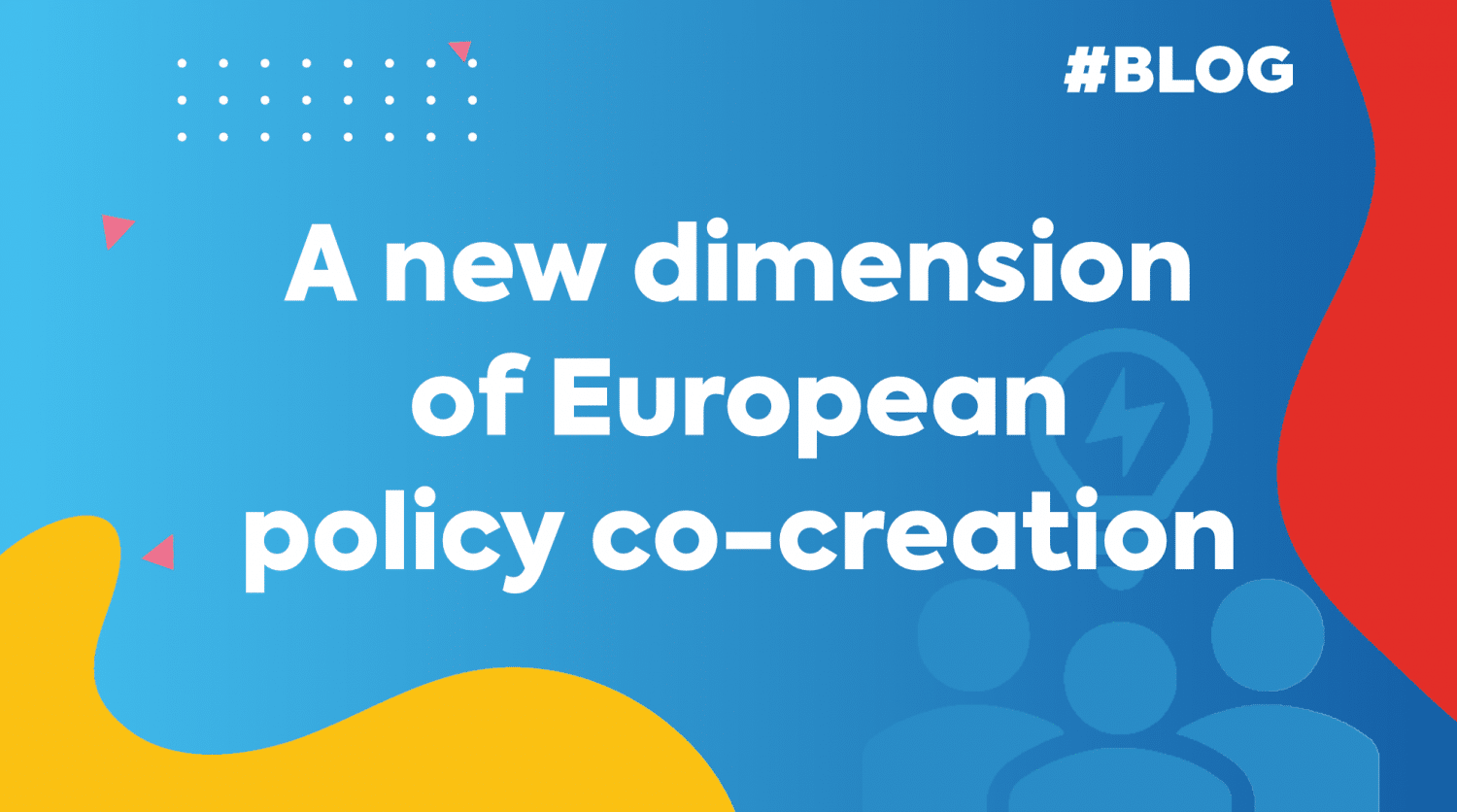
An ideal democracy is where everyone can get together to take joint decisions on rules that apply to all. However, in modern representative democracies, the privilege to formulate public policies is usually granted to elected officials and a few stakeholders. The involvement of average citizens in this process is generally often limited to periodical elections. While this is not a problem as such, our democracy today is far from being the idea of a system of government “ruled by the people”.
What if average citizens could claim their rightful place as key stakeholders in defining problems, formulating solutions and setting new rules together?
Here, digital innovation comes with the great potential to make our democracy more efficient and widespread. A number of such e-democracy projects that aim to enhance citizen participation have already been launched. There are even great examples of crowdsourcing exercises that led to important outcomes on the local and national levels (see for example the case of the Icelandic constitution). However, ECAS ambition is to have European-wide co-creation of policies that is open to everyone and where citizens’ ideas can concretely feed into EU policymaking.
Milestone in European collaborative democracy
This is why CODE Europe (Co-deciding Europe: Civic Tech for Good Governance and Active Citizenship) is a milestone for the collaborative democratic progress within the European Union. It is not only a transnational experimentation of e-democracy platforms for the co-creation of policies, but also one of the first experiences to bring together citizens from all over the EU to discuss problems and propose concrete solutions on one pre-defined topic: ‘air quality’. The project started in 2021 and will run till 2023.
Assessment of e-participation experiences
Besides an EU-wide crowdsourcing exercise, CODE Europe will also be a research endeavour on e-participation, as it will develop a universally applicable methodology for assessment of e-participation experiences based on clearly defined criteria and indicators.
The Assessment Framework for E-participation will allow objective comparison of the impact of e-participation projects across time and geographical space. This would ensure systematic and meaningful knowledge-sharing, exchange of good practices and capacity building.
The ECAS team is honoured to be at the forefront of innovative, inclusive and democratic policy creation in Europe. We are looking forward to engaging citizens from all over the EU on the topic of air quality and to provide an assessment framework for the community of participatory democracy.
Find out more about the project, further activities carried out by CODE Europe (e.g., Social listening), ECAS’ partners and ECAS’ tasks here.
Follow Elisa Lironi (@ElisaLironi) & Hendrik Nahr (@Hendrik_JN) on twitter.